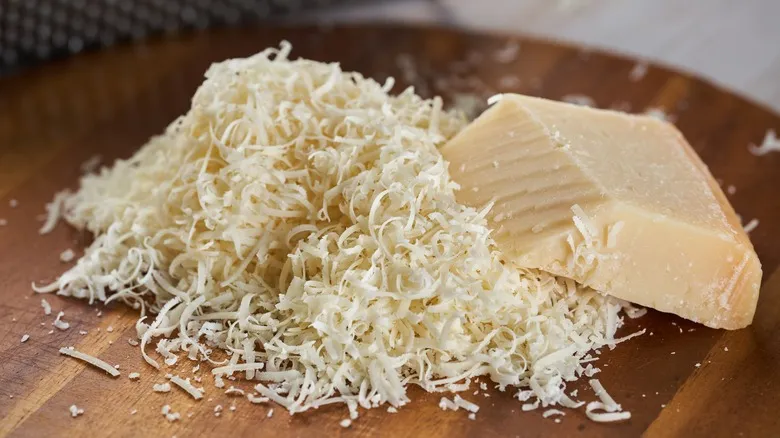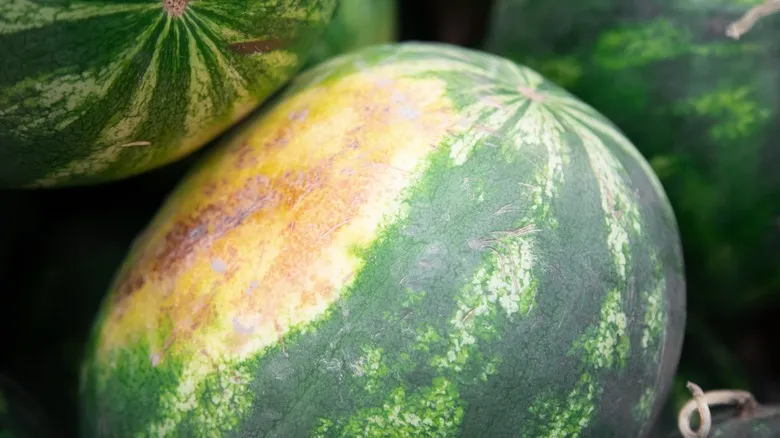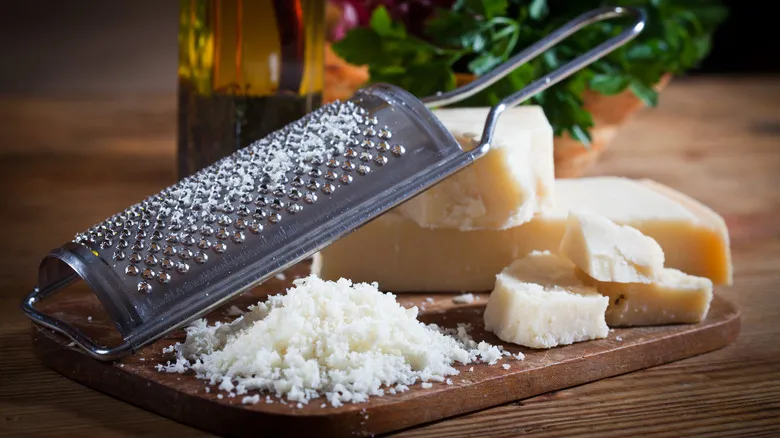How to grate your own Parmesan and freeze it

A block or wedge of Parmesan may be pricier than the pre-grated options, but it's definitely worth it if you want to steer clear of additives. Plus, you can save the Parmesan rind for homemade broths after grating the cheese. While it does require some effort, you can grate extra and freeze the leftovers to ensure you always have some on hand. To grate a large quantity of Parmesan without straining your wrists with a hand grater, consider using a food processor equipped with a grating disk, which can quickly handle a substantial amount of cheese. This method will yield a fine grate, ideal for topping pasta or filling ravioli.
In the refrigerator, freshly grated Parmesan will stay good for about two weeks before it begins to clump, but when frozen, it can last up to six months. Similarly, a block of Parmesan can be stored in the freezer for up to a year. When you're ready to use the frozen grated cheese, simply let it thaw for a few hours, and it will be good to go. Alternatively, if you plan to melt the shredded Parmesan, you can add it directly to a hot dish without thawing. If you're concerned about the shreds sticking together, a little cornstarch can be sprinkled on the grated cheese to prevent clumping. This won't alter the flavor at all, and you only need about a tablespoon to coat the cheese evenly.
Recommended

This Unlikely Ingredient Makes Lemonade Even More Refreshing

Grilled Vs Fried: How Should You Prepare Your Fish For Tacos?

How To Identify The Best Watermelon By The Field Spot

The Secret To Creating Well Balanced Hot Sauces At Home
Next up

